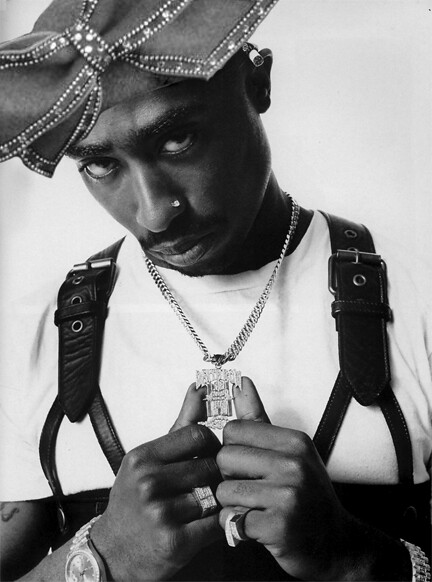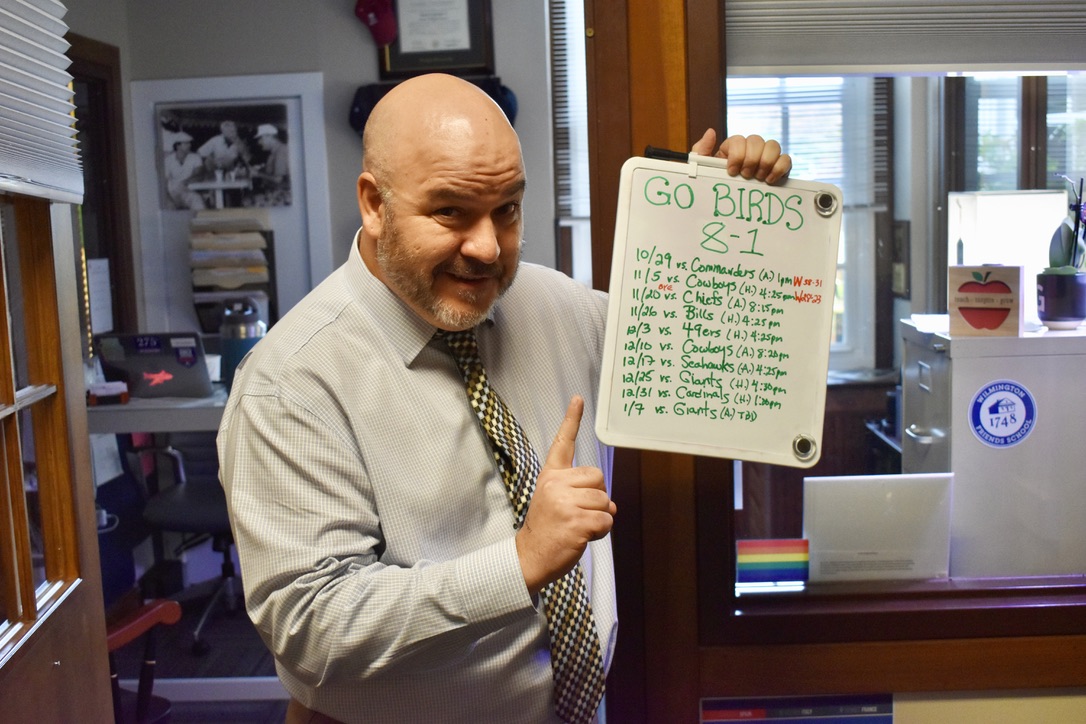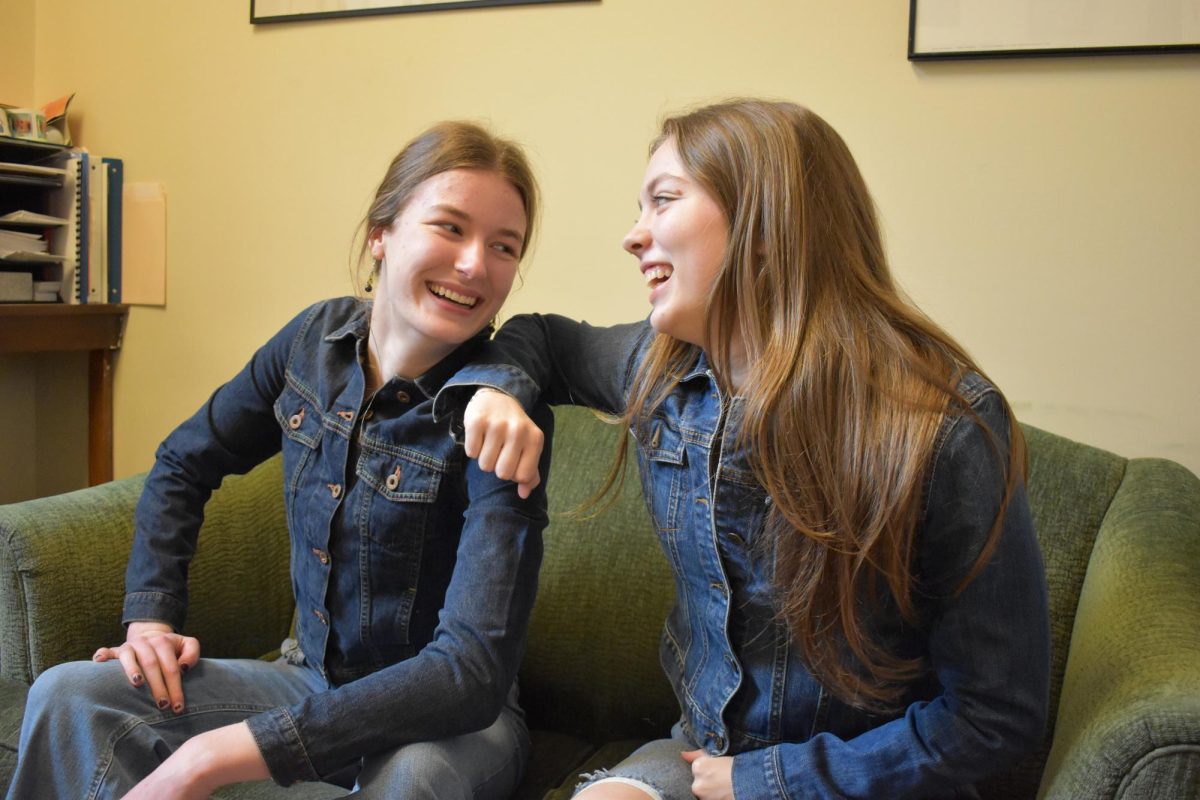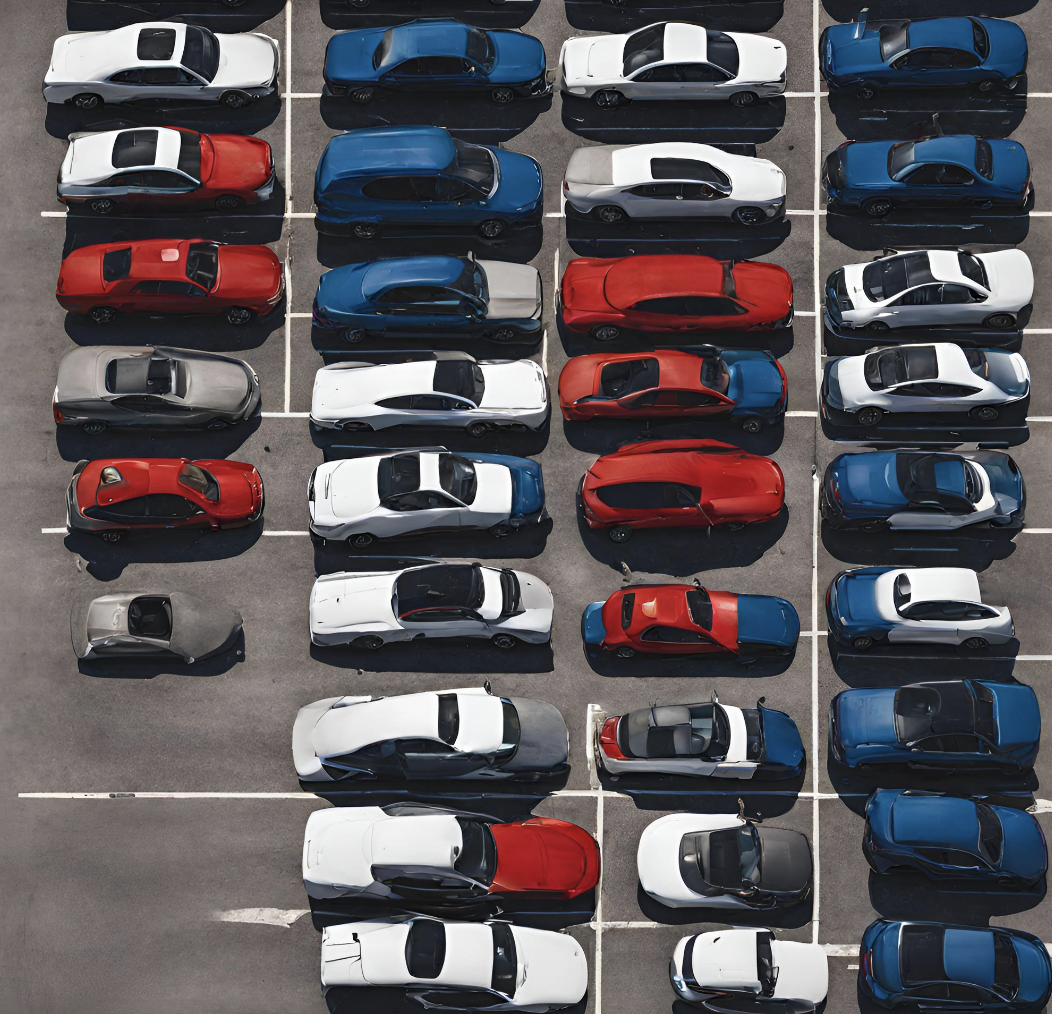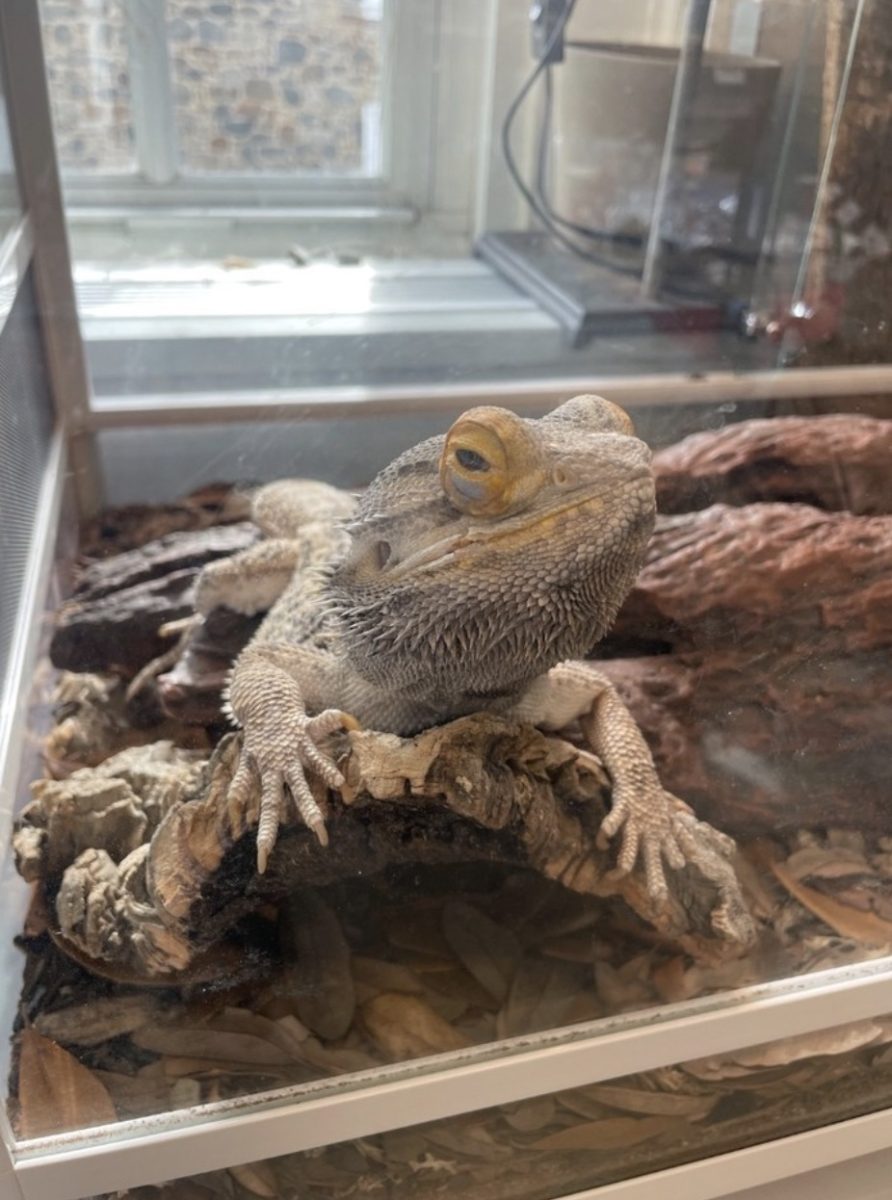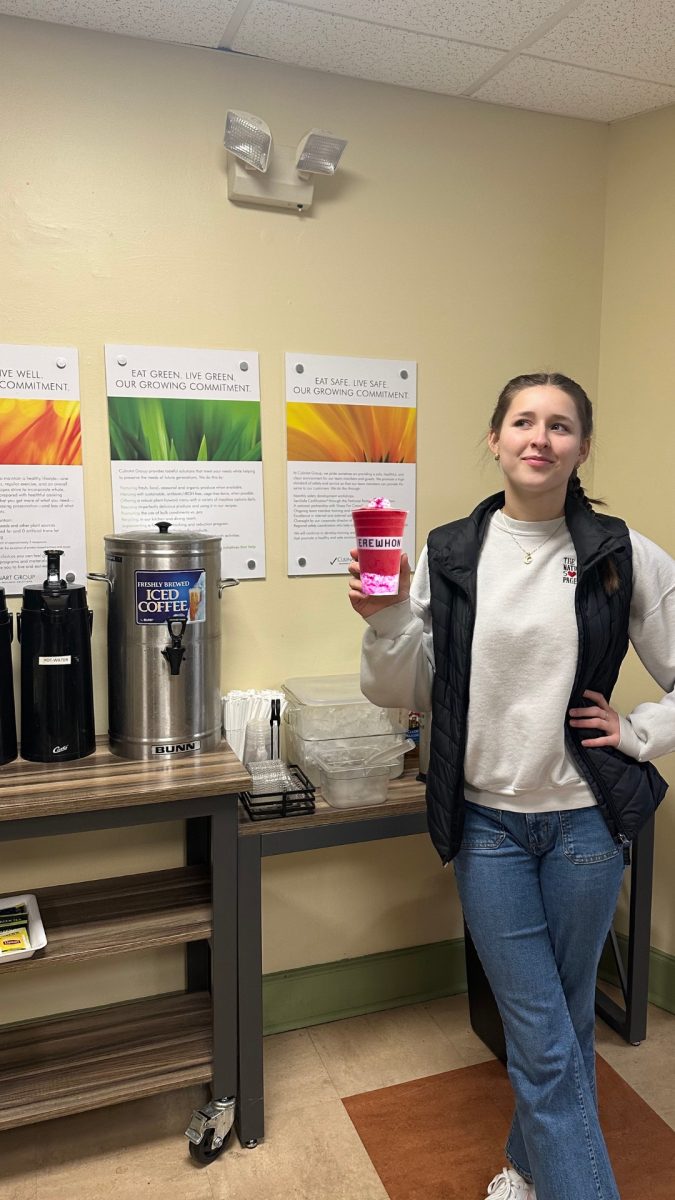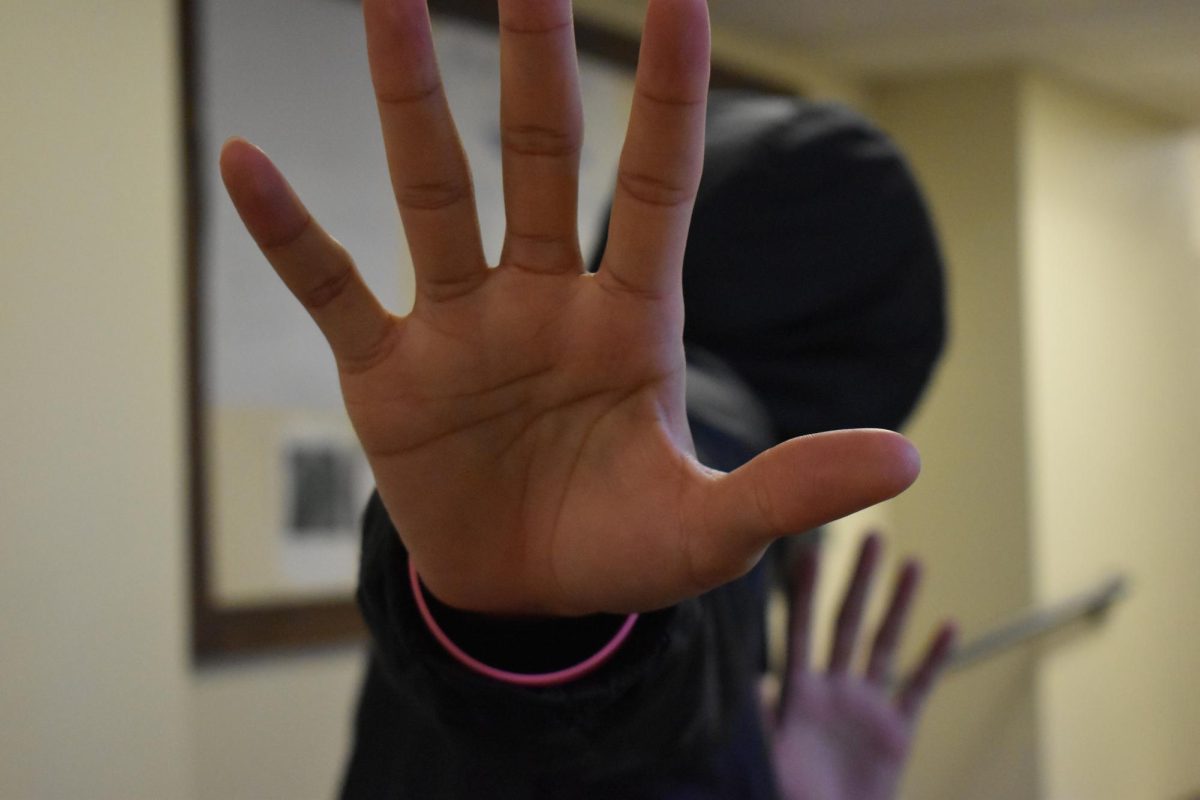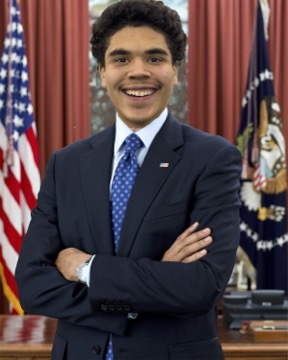How Should We Treat The Unvaccinated?
November 21, 2022
When Novak Djokovic, the number one-ranked men’s tennis player, tried to use a medical exemption to get around the Covid vaccination requirement at this year’s Australian Open, he caused an international uproar. With the world trying to escape the pandemic, Djokovic’s unwillingness to get vaccinated was seen by many as incredibly irresponsible. There were very few people willing to defend Djokovic after the Australian government decided to deport him rather than allow him to play—a decision that cost the Serbian a chance to set the men’s record for most grand slam singles titles (instead, his rival Rafael Nadal won the Australian and set the record). But apart from what it meant in tennis terms, the controversy over Djokovic raised a bigger question: How should we treat the unvaccinated?
At around the same time that Djokovic was fighting for the right to compete in the Australian Open, there was a controversy in Boston with much more serious implications: a hospital had removed a 31-year-old man from its heart transplant list because he, like Djokovic, was unvaccinated. But while that might have seemed harsh, medical experts pointed out that organ transplant surgery leaves people very vulnerable to infection; given the limited supply of available organs, it makes sense to give them to those who are the most likely to survive and who have done everything they can to ensure that the operation is a success. As Art Caplan, a medical ethicist, explained in regard to the patient in Boston, “This is not bias against the unvaccinated, it is sound medical policy.”
Of course, a life-saving transplant operation is a pretty extreme example. Should we also deny unvaccinated people the right to go to restaurants and theaters—and to play major tennis tournaments? The issue is one of personal autonomy versus the interests of the community. In a recent interview with the BBC, Djokovic said that he was not an anti-vaxxer but believed in “the freedom to choose what you put in your body.” That might seem like a reasonable point, and it could be argued that because the Covid vaccines have proven to be so effective, the unvaccinated are now mostly just harming themselves. It was mainly unvaccinated people who were hospitalized and died during this winter’s Omicron wave.
However, those who are immunocompromised, such as cancer patients, are still seriously threatened by Covid. According to The New York Times, around seven million adult Americans, or three percent of the population, are considered immunocompromised, and the unvaccinated pose a real danger to them. Also, as infectious disease specialists point out, a large population of unvaccinated people gives the virus the opportunity to mutate. While the Omicron variant turned out to be fairly mild—at least for those who were vaccinated—another mutation might be more threatening.
A few weeks ago, the French government introduced a bill banning unvaccinated people from restaurants, theaters, cafes, and other public places. It was very controversial, and became even more controversial when France’s president, Emmanuel Macron, said in an interview that his goal was to “piss off” the unvaccinated—to make life as difficult as possible for them. That seemed harsh, but public health officials say that if vaccines are not going to be made mandatory, government officials need to do whatever they can to pressure the unvaccinated to get the shot.
Macron now has an opportunity to “piss off” one of the world’s most famous athletes—Djokovic. The French Open starts in a few months, and as of now, Djokovic will not be allowed to play because he remains unvaccinated. Sports events in France are open only to those who have been vaccinated, and that includes the athletes themselves. An exception could be made for Djokovic, but that would probably cause as much outrage in France as it did in Australia, and it seems doubtful that Macron would be willing to do that for a foreign sports star. In his interview with the BBC, Djokovic said that he would rather miss the French and other big tournaments than give in and get the vaccine. “That is the price I’m willing to pay,” he said.


